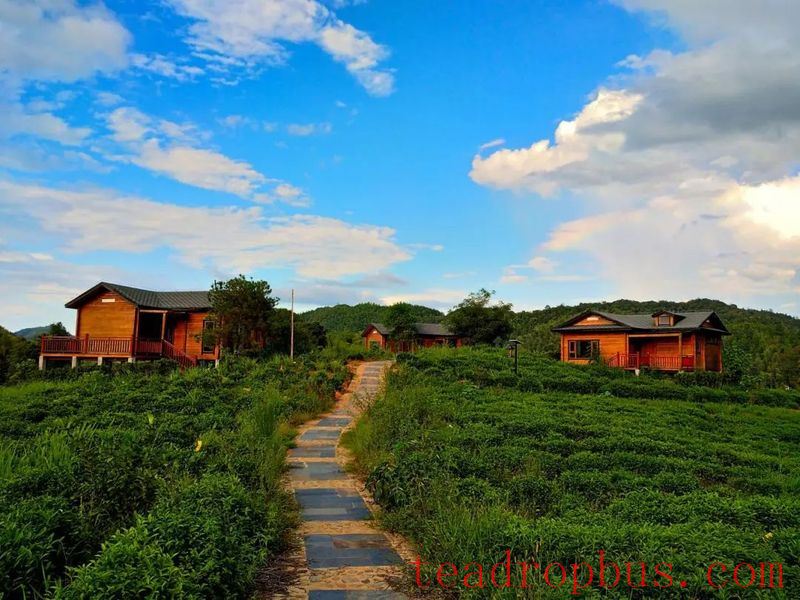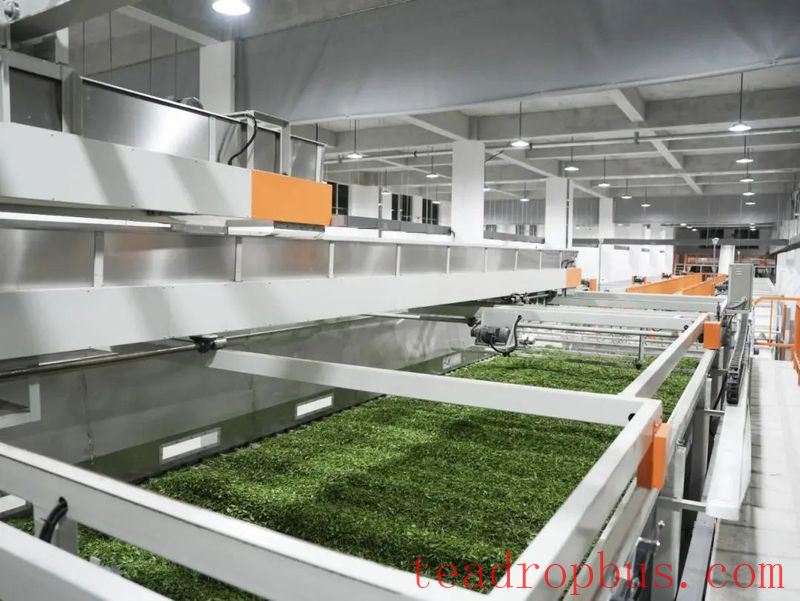In recent years, Pingli Town has comprehensively promoted the development of Tea culture, the tea industry, and tea technology. Leveraging its industrial strengths and resources, the town is pioneering a new era of high-quality development for the tea industry from multiple dimensions.

Photograph of Pingli Ecological Tea Garden by Wang Shengping
“We have fully leveraged the role of grassroots party organizations as strongholds and the exemplary role of party members. We've effectively utilized the ‘six major carriers' of rural party building to encourage participation from party-member notables, grid supervisors, and respected elders. This initiative ensures that tea farmers can deeply engage in every aspect of tea industry development, truly sharing in the benefits of industrial growth,” said Hu Xi, Party Secretary of Pingli Town.
It is understood that Pingli Town aims to become a green town with no agricultural residue across its entire domain. To achieve this, the town has continuously improved tea garden management, establishing a long-term mechanism that shifts farmers from ‘daring not to use pesticides' to ‘not wanting to use pesticides.' This approach has facilitated sustainable green development, achieving 100% compliance with pesticide residue standards in two consecutive surveys.

Production line at Qimen Black Tea Group
Pingli Town has also actively leased over 700 acres of idle tea gardens. It leads the implementation of soil and variety improvements, integrated water and fertilizer management, and other initiatives in various tea planting areas within its jurisdiction. The town has successfully constructed three smart tea garden demonstration bases, promoting a cooperative model of “leading enterprise + cooperative + farmer.” This model facilitates the sharing of planting and management technologies, brand resources, marketing channels, and more across the entire region.
In the next step, Pingli Town will continue to accelerate the construction of ecological and standardized demonstration tea gardens, further enhancing the quality, efficiency, and competitiveness of the tea industry. The ultimate goal is to enrich the lives of local residents through the cultivation of a single leaf, driving the development of an entire industry and benefiting the people.